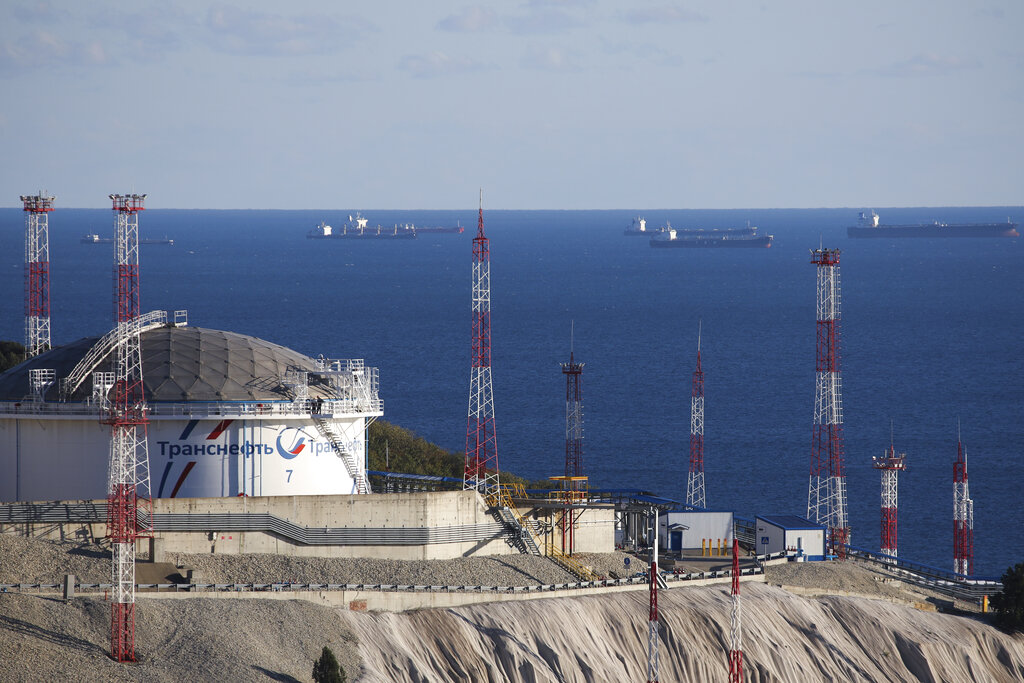The embargo on Russian oil and fuel imposed by the West and the European Union, as well as the imposition of a price cap, was intended to curb the Kremlin’s export revenue and limit its ability to finance the war in Ukraine.
However, it seems that this approach is falling short of its goals.
Indeed, the Russians are selling oil below market prices and earned slightly less last year, but everything indicates that unless the West changes its approach, they will be able to consider this year a good one when it comes to oil and fuel exports.
Russian companies have managed to find new customers, with China and India opting for Russian raw materials at a significant discount in 2022. Meanwhile, Russian fuel refineries have seen success in South America and Africa. Now, it turns out that the price cap is not being respected and Russian raw materials are being sold at a higher price than the imposed ceiling.
Last year, Poland and the Baltic states warned the limit was too high and should be below $50 per barrel, but they did not receive support from other Western countries or the United States, despite the fact that the Kremlin’s revenue did not fall as drastically as anticipated after 10 packages of sanctions.
Most of the countries of Central and Eastern Europe have again appealed for a reduction in the price cap this year, but their requests have gone unanswered. Additionally, the OPEC oil cartel, particularly Saudi Arabia, has supported Russia by significantly reducing oil production to increase prices, benefiting Moscow.
Although OPEC is to reduce oil supplies starting in May, China is already purchasing Russian oil on a massive scale and stockpiling it, fearing price increases. In addition, it is sending surplus fuel produced to Europe and making a good profit from it. Of course, no one can prove which oil was used to produce this fuel.
Europe, particularly the countries in the Eastern part of the continent, have made the greatest effort to help Ukraine and cut off Russian raw materials, and yet, the Kremlin’s revenue remains stable.
Meanwhile, other world powers, such as China and India, are profiting from the situation.





